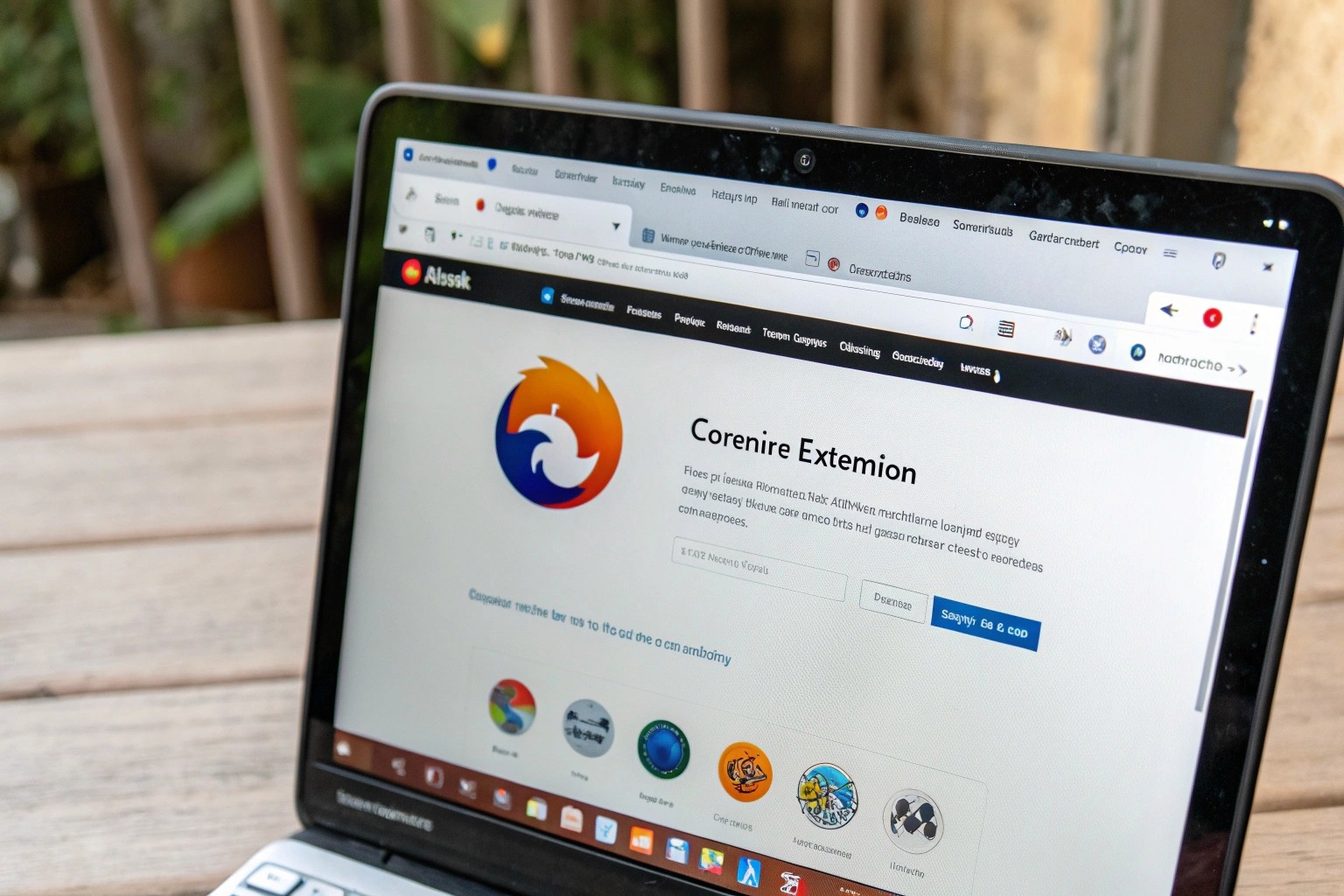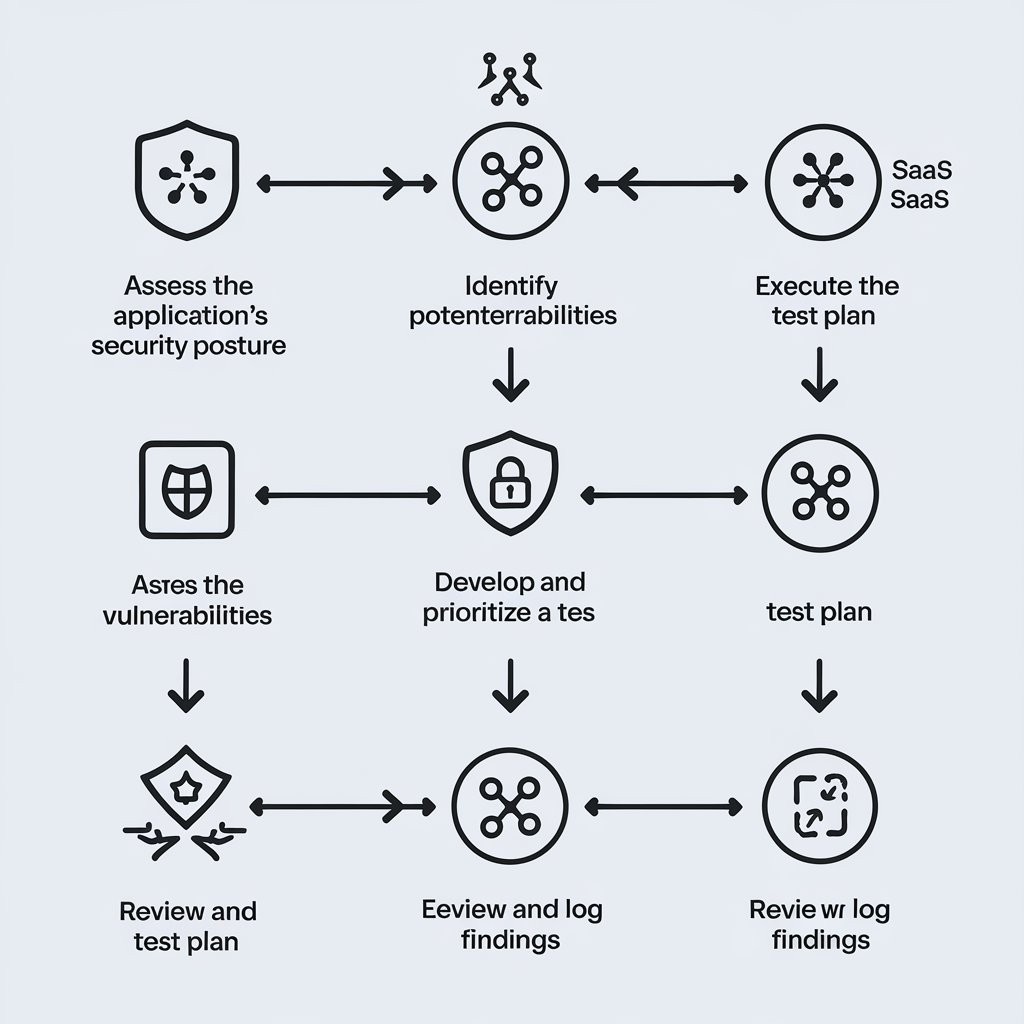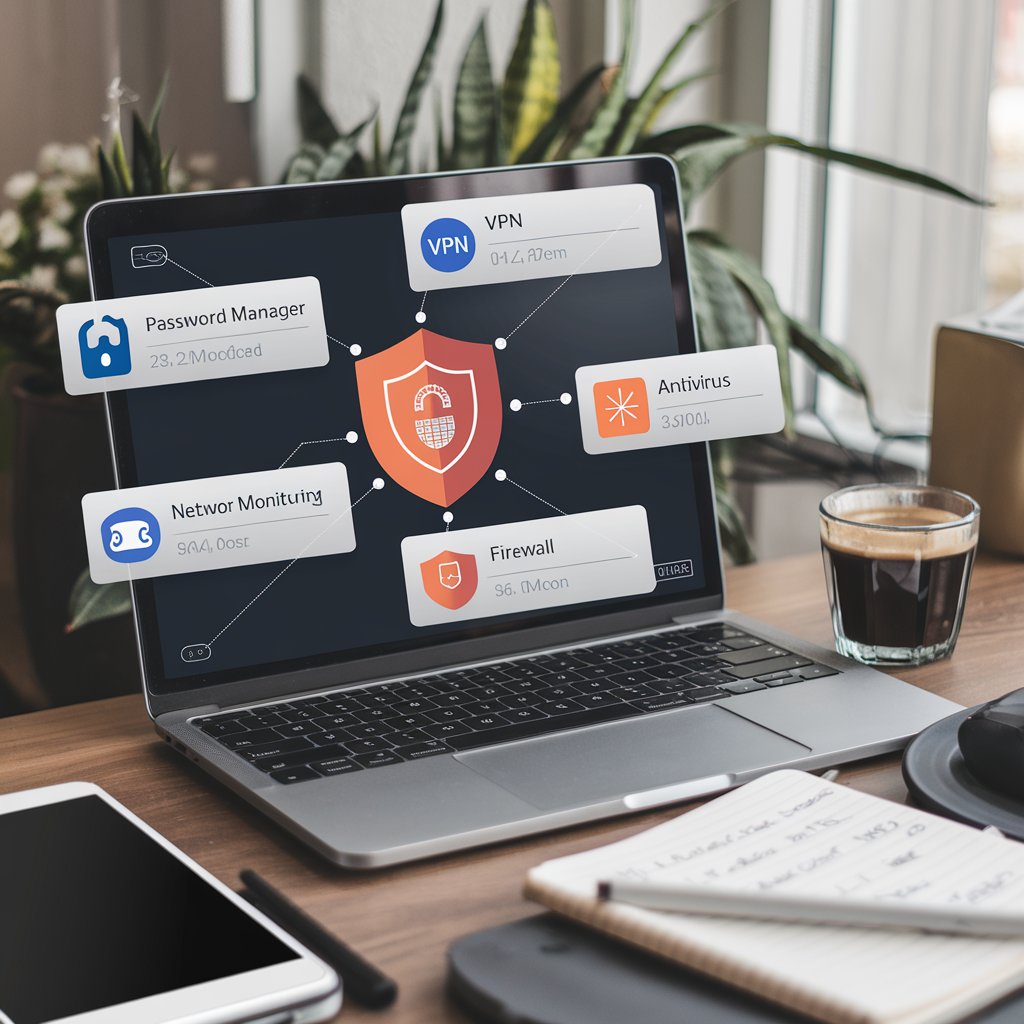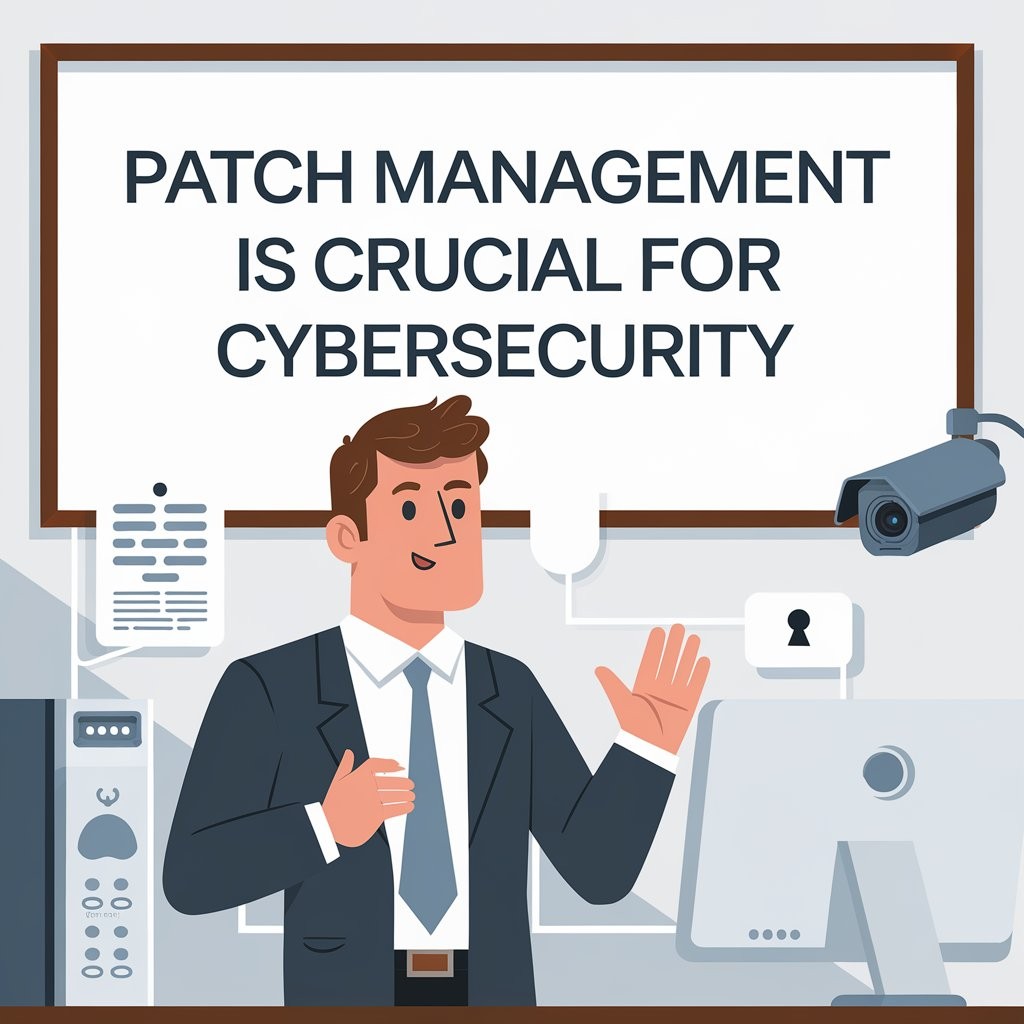UA
10 Min Read
What Is a VPN and Why Is It Essential for Remote Workers?
A Virtual Private Network (VPN) is a secure connection between a user’s device and the internet through an encrypted tunnel. When remote workers connect to a corporate network using a VPN, their data is protected from interception, and they can access the company’s internal systems securely. VPNs help maintain privacy by masking the user’s IP address and encrypting data transmitted over the internet.
For remote workers, a VPN is essential because it:
Protects sensitive data: Prevents hackers from intercepting data when using public or unsecured Wi-Fi networks.
Ensures privacy: Masks the IP address of employees, making it harder for attackers to track online activities or location.
Provides secure remote access: Enables workers to access corporate applications and files from anywhere while ensuring that connections are encrypted and secure.
Common VPN Security Risks for Remote Workers
While VPNs provide a layer of security, they are not foolproof. Cybercriminals are constantly evolving their tactics to exploit vulnerabilities in VPN services. Some of the common security risks associated with VPNs for remote workers include:
Weak Encryption Protocols: Using outdated or weak encryption algorithms can leave the VPN connection vulnerable to hacking attempts. If the encryption is compromised, attackers can gain access to sensitive data transmitted through the VPN.
VPN Service Provider Vulnerabilities: Not all VPN providers are equally secure. Some may have weak security protocols or a poor track record of handling user data. Employees may also use free or low-quality VPN services that lack essential security features.
Endpoint Security Risks: Even if the VPN connection itself is secure, the devices used by remote workers may not be. If an employee’s device is compromised, malware can potentially bypass the VPN and gain access to the network.
Man-in-the-Middle (MitM) Attacks: If a VPN is not properly configured, attackers can exploit flaws to intercept data in transit and perform MitM attacks, allowing them to eavesdrop on communication between the employee and the corporate network.
Weak Authentication Practices: Insufficient or poorly implemented authentication methods, such as weak passwords, can compromise VPN security. Attackers may use brute force or credential-stuffing techniques to bypass authentication and gain unauthorized access.
Best Practices for VPN Security for Remote Workers
To ensure that VPN connections are secure and to protect remote workers from cyber threats, businesses should implement the following best practices:
1. Choose a Strong, Trusted VPN Provider
Selecting a VPN provider with a solid reputation for security is essential. Look for VPN services that offer robust encryption protocols (such as AES-256), a no-logs policy, and strong privacy protections.
Research VPN Providers: Ensure the VPN provider has a proven track record of keeping data secure and offers the necessary security features for enterprise use.
Opt for Business-Oriented VPNs: Consider using a VPN service specifically designed for businesses that offers centralized control over user access, configuration, and monitoring.
2. Enforce Strong Authentication Measures
Make sure your VPN solution uses strong multi-factor authentication (MFA) to further secure remote access. This ensures that even if an employee’s password is compromised, a second factor (such as a one-time passcode or biometric verification) is required to gain access.
Implement MFA: Require MFA for all users accessing the corporate network via VPN, especially for accessing sensitive systems.
Use Secure Password Policies: Ensure that employees use complex passwords and encourage regular password changes to avoid potential breaches.
3. Use the Latest VPN Protocols
Older VPN protocols like PPTP (Point-to-Point Tunneling Protocol) and L2TP/IPsec (Layer 2 Tunneling Protocol) are considered less secure. For maximum protection, use modern VPN protocols such as OpenVPN or IKEv2/IPsec, which offer stronger encryption and are less vulnerable to attacks.
Enable Latest Encryption Standards: Ensure the VPN provider supports advanced encryption standards like AES-256 and robust authentication methods.
Consider WireGuard: WireGuard is a newer VPN protocol that is considered faster and more secure than older alternatives.
4. Keep Devices and Software Updated
Regularly update the devices and software used by remote workers to protect against known vulnerabilities. This includes updating VPN client software, operating systems, applications, and antivirus software.
Set Up Automatic Updates: Enable automatic updates for VPN software and operating systems to ensure security patches are applied promptly.
Install Endpoint Security Software: Ensure that remote workers have antivirus, anti-malware, and endpoint protection software installed and updated on their devices.
5. Limit Access with Role-Based Permissions
To minimize the impact of a potential breach, implement role-based access control (RBAC) to limit VPN access to only those who need it. Employees should have access only to the systems and data necessary for their role.
Control Access Based on Roles: Use a VPN solution that allows administrators to assign specific access rights to individual employees based on their roles within the organization.
Monitor VPN Access: Regularly review and audit VPN access logs to ensure that only authorized personnel are connecting to the network.
6. Train Employees on VPN Security Best Practices
Even the best technical safeguards can be undermined by human error. Educating employees about VPN security best practices is essential for minimizing the risk of a breach.
Provide Training: Educate remote workers about VPN usage, the importance of secure passwords, and how to spot phishing or social engineering attacks that could compromise VPN credentials.
Remind Employees of Safe Browsing Practices: Instruct employees to avoid using public Wi-Fi networks for VPN connections unless they are using additional security tools, such as mobile hotspots or encrypted connections. audit3aa
Join our newsletter list
Sign up to get the most recent blog articles in your email every week.
You can copy our materials only after making sure that your services are safe.
This site is protected by reCAPTCHA and the Google Privacy Policy and Terms of Service apply.










